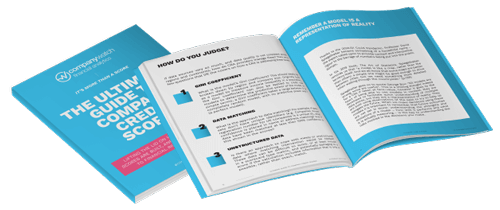Podcast 26 Sep 2022
27: The Mini-Budget & The Pound's Collapse
Last week the new chancellor, Kwasi Kwarteng, delivered his mini-budget. One of the tax cuts announced is a cut in the basic rate of income tax (by 1p in the pound) is to be brought forward by a year to April 2023.
As a result of the sweeping tax cuts announced last week, the pound has hit a record low against the dollar, sparking a currency crisis. Of course, a sudden drop in the pound immediately creates uncertainty, throwing UK businesses that import and export goods into a panic. A weak pound means price rises for UK consumers who buy foreign goods and less money in holidaymakers' pockets.
A key issue is the price of oil, being one of the key goods Britain imports and is priced in dollars. At the beginning of the year, a $100 barrel of oil cost £74. That same $100 barrel now costs £95... an enormous rise and one that will directly hurt consumers at the fuel pump.
There were also 1,933 business failures in England & Wales in August, up 42% from pre-pandemic levels. 87% of failures this year have been CVLs, and the total number of insolvencies in 2022 now stands at 14,484. Annualised, 2022 stands to have the highest number of insolvencies on record, ever.
All this amounts to deeply worrying times for those of us that manage risk.

